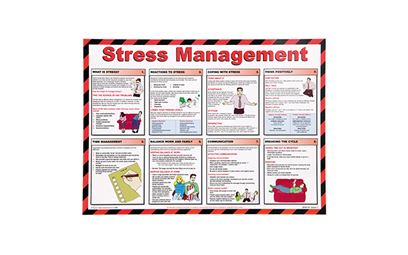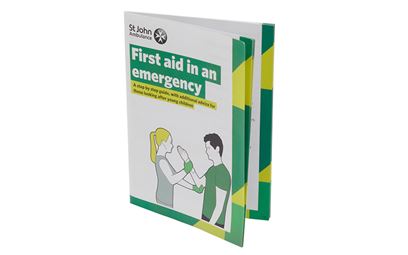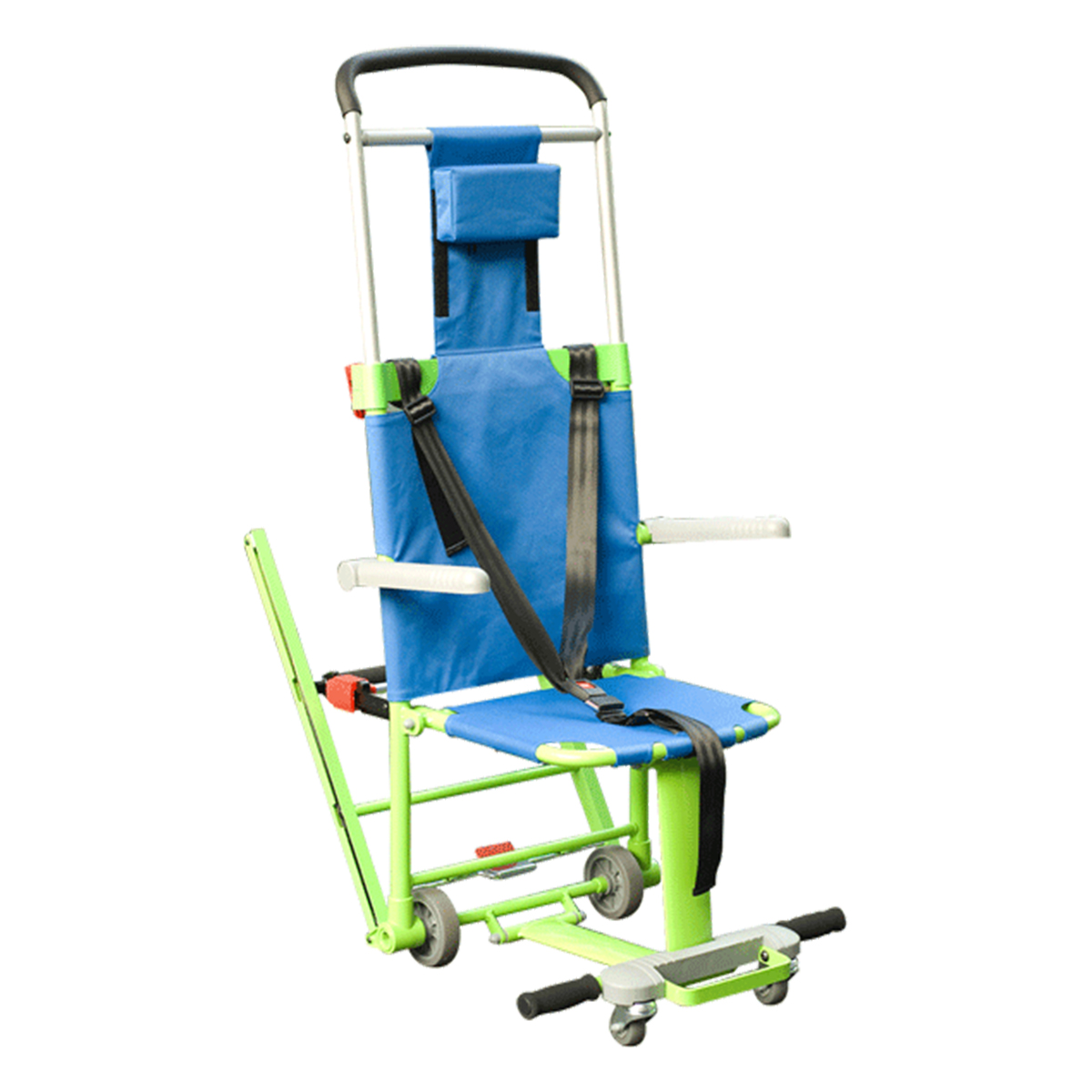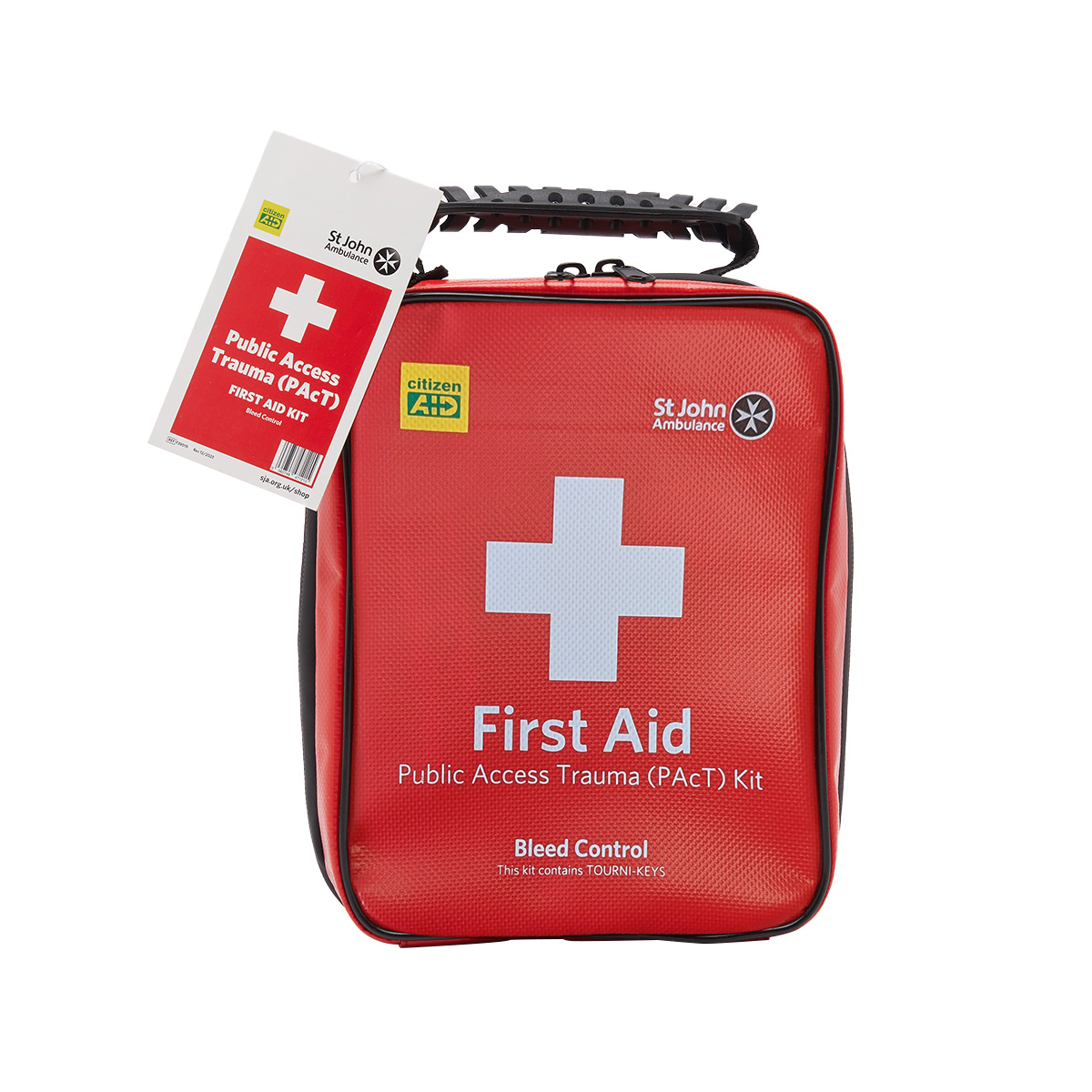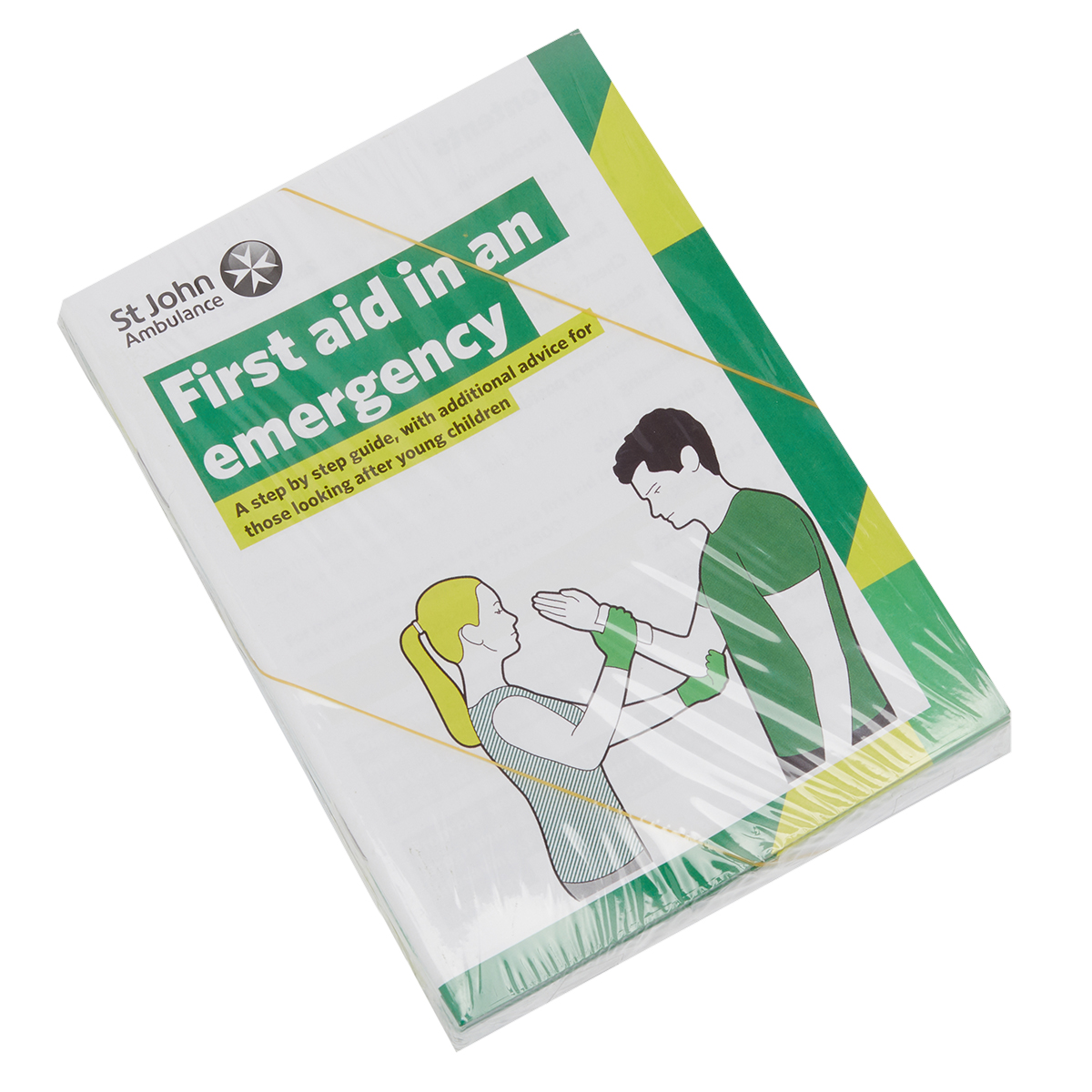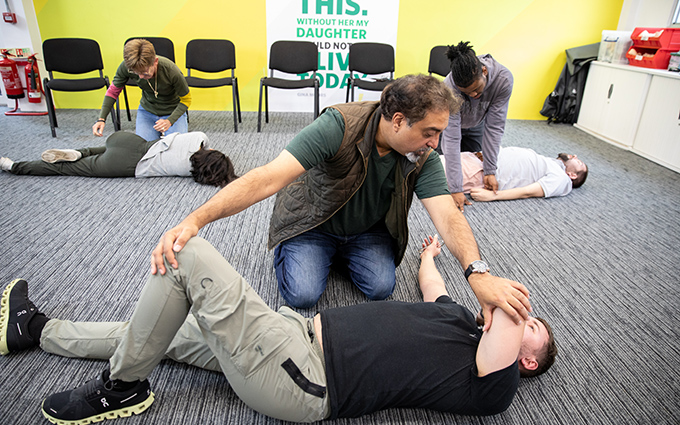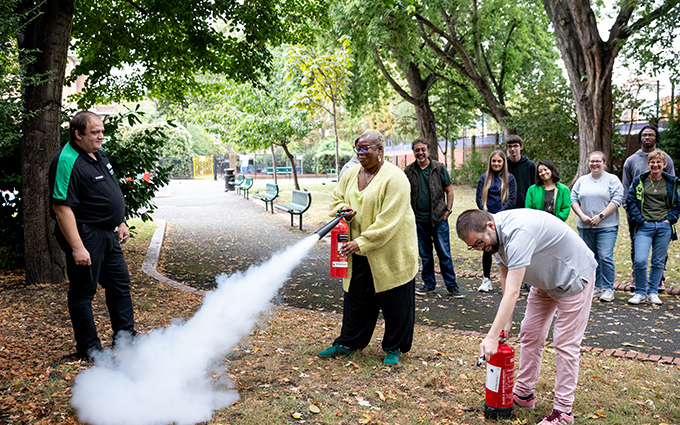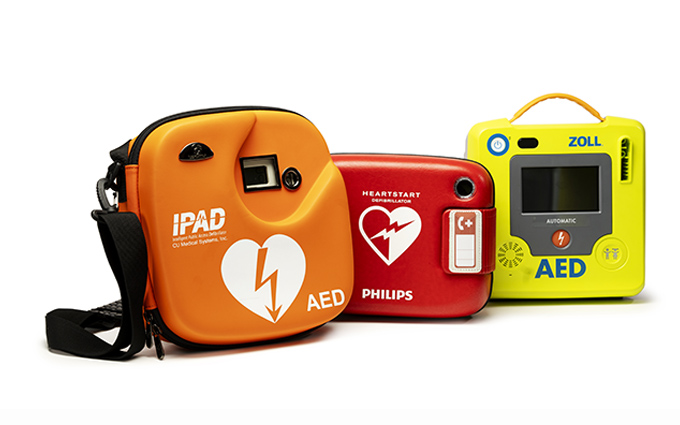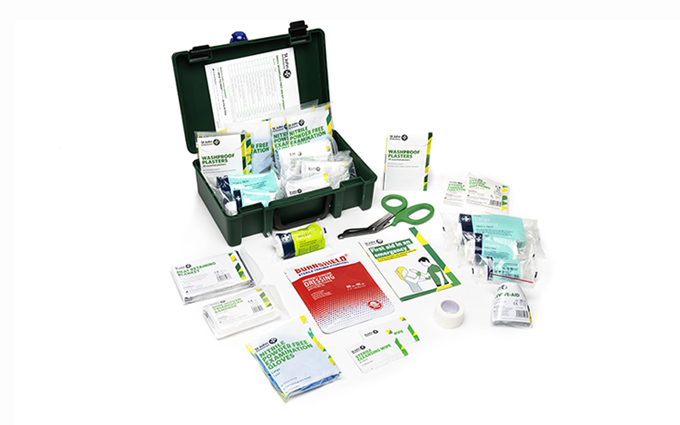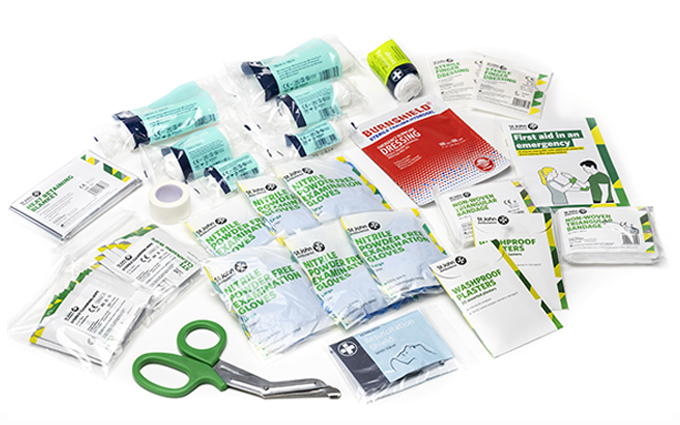Mental Health First Aiders play a vital role in creating supportive workplaces and communities. They are trained to recognise signs of mental ill health, provide initial support, and maintain confidentiality.
By promoting wellbeing, reducing stigma, and working alongside mental health professionals, Mental Health First Aiders help foster a more inclusive and supportive environment. They also gain an understanding of relevant legislation, learn how to respond to crisis situations, signpost individuals to professional help.
Through active listening and creating a safe space for open conversations, Mental Health First Aiders contribute to a healthier and more resilient community.
Upon completing this course, you will receive a St John Ambulance certificate and become a certified Mental Health First Aider. You also have the additional option to achieve the Level 3 Award in Mental Health First Aid (RQF) by booking and completing a separate assessment.
The optional assessment is a formal, proctored exam. That means the exam will be supervised online by a live proctor to make sure everything is secure and follows the testing guidelines.
On this course delegates will gain:
- confidence to support others – Learn how to recognise signs of mental ill-health and offer initial help.
- practical skills – Develop active listening, empathic conversation, and safeguarding techniques.
- a structured approach – Understand and be aware of how to use a Mental Health Action Plan.
- awareness of cultural differences – Understand how mental health perceptions vary across communities.
- workplace impact – Foster a mentally healthy culture and break down stigma in professional settings.
- self-reflection tools – Gain insights into your own wellbeing and how to maintain resilience.
- certification options – Receive a certificate of attendance, with the option to complete an assessment for the Level 3 Award in Mental Health First Aid (RQF).
Additional support and reasonable adjustments
If you require any additional support or reasonable adjustments to take part in this training please email us at examinations@sja.org.uk at least 10 days before the date of your course and provide evidence to the Exams Centre in order to have concessions applied. If the time between booking and the start date of the course is less than 10 days there may not be enough time for approval to be granted, please get in contact at examinations@sja.org.uk as soon as possible to discuss the available options.
Course duration
Two days.
Topics covered
- Introduction to Mental Health First Aid – Understanding the role and responsibilities of a Mental Health First Aider
- The Mental Health Ripple Effect – How mental health challenges affect individuals and teams in the workplace
- Recognising the Signs – Identifying symptoms of common mental health conditions
- Confidentiality and Safeguarding – When and how to share concerns responsibly
- Active Listening Skills – Techniques for supportive, non-judgmental conversations
- Empathic Conversations – Approaching sensitive topics with care and understanding
- Mental Health Action Plan – A structured approach to offering support
- Supporting in Crisis Situations – Suicide awareness, panic attacks, and crisis intervention
- Cultural Differences in Mental Health – Understanding how cultural backgrounds influence mental health perceptions
- Maintaining Your Own Wellbeing – Strategies for self-care and resilience
- Signposting to Professional Help – Directing people to appropriate mental health resources
- Scenario-Based Learning – Applying skills through real-world case studies
Who Should Attend?
This course is ideal for anyone who wants to gain a deeper understanding of mental health and develop the skills to support their own and others' wellbeing in the workplace. Whether you're a manager, team leader, HR professional, or simply passionate about creating a supportive work environment, this training will equip you with the confidence to make a real difference.
Important Considerations
This course focuses on mental health in the workplace and includes discussions on sensitive topics such as suicide and self-harm. While we create a safe and supportive learning environment, some people may find certain topics distressing.
- If a delegate feels overwhelmed during the course, they are free to step away at any time.
- If you’re booking on behalf of someone else, please check they feel comfortable attending.
- If a delegate is unsure whether this course is right for them, we encourage them to contact us for a confidential discussion.
For immediate mental health support, please contact Samaritans at 116 123 or NHS 111.
Eligibility & Language Requirements
- Open to delegates aged 18 or older. Those aged 16 or 17 can attend with written parental or guardian consent. A basic command of English (Level 2) is required.
- While we aim to support those for whom English is not a first language, additional assistance may be limited. If you require special arrangements, please contact us in advance.
Booking for a Team?
For larger groups, consider on-site training options for a tailored learning experience.

